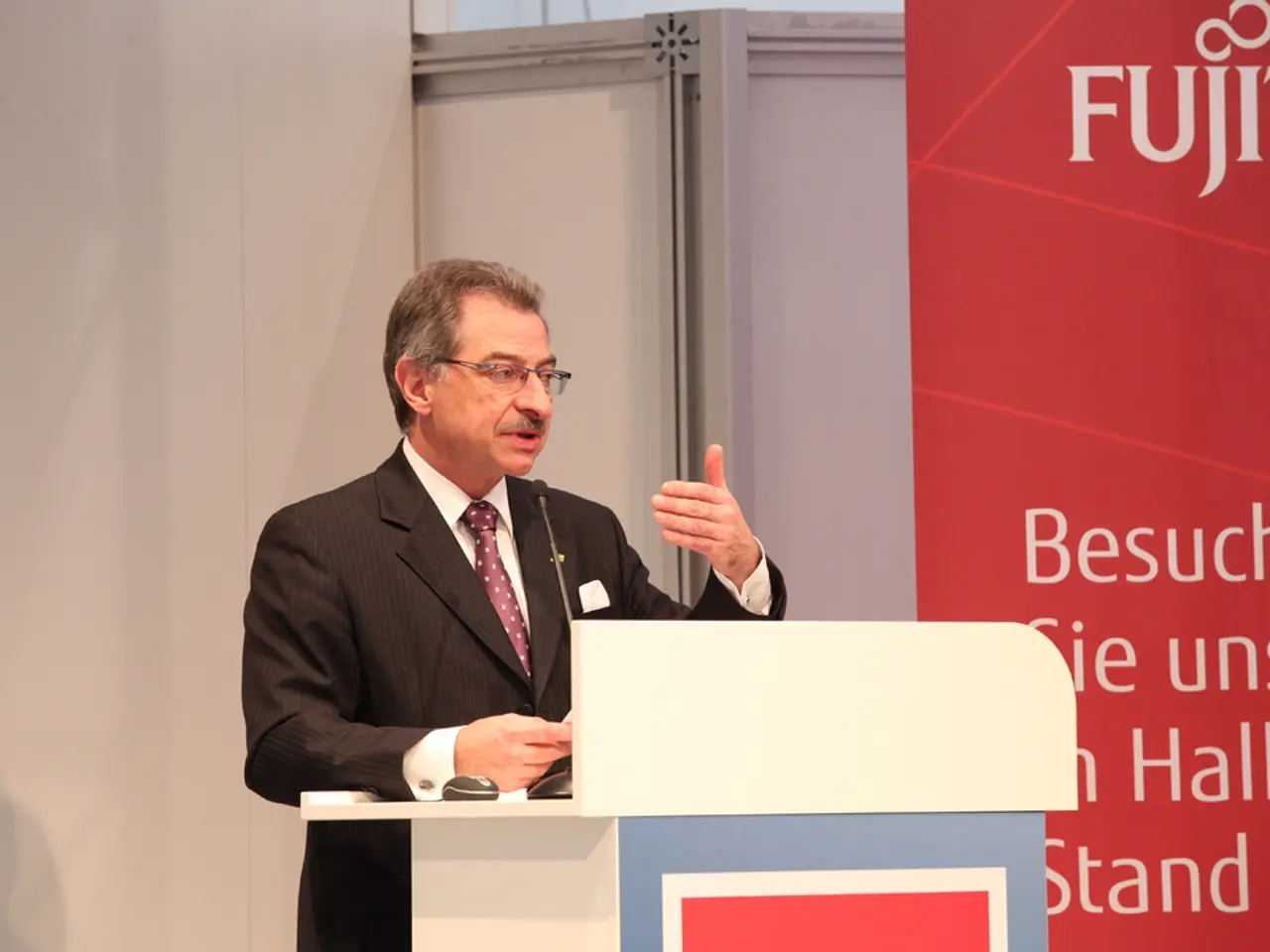Universities in Darmstadt face a potential threat to their long-term survival as outlined in The University Pact.
Hessian Higher Education Pact Threatens University Funding and Quality
The recently signed Hessian Higher Education Pact, which outlines the state's financial support to universities from 2026 to 2031, is facing criticism for its budget cuts that may negatively impact the quality of study and teaching at universities in Hesse.
The budget for universities will return to this year's level in 2027, and then increase from 2028 onwards. However, these increases will not keep pace with inflation, leaving universities facing budget deficits and the need for internal cuts.
TU Darmstadt's leadership has expressed concerns that the budget cuts under the pact will weaken the innovation strength and competitiveness of Hesse. The university's leaders emphasize the need to qualify students well and secure a strong base of specialists, but question where these smart minds will come from if not from Hessian universities.
Universities in Hesse are facing challenges due to the pact, with Darmstadt University of Applied Sciences also facing difficulties as the exact amount of money missing yet to be determined. The pact consolidates various funding pots into a more flexible base budget allocated as a lump sum, with about 18.1% of funds performance-based. This necessitates responsible cost-saving measures in dialogue with university members but may limit resources for study programs and teaching quality.
The pact's budget cuts relative to inflation and growing demands pose significant challenges to maintaining study quality and teaching excellence, compelling universities to adopt comprehensive savings measures to manage foreseeable deficits. Possible savings measures may involve revising staffing structures and recruitment, reducing non-essential operating expenses and material budgets, prioritizing funding towards high-performance and strategic research areas and degree programs, and streamlining administrative and infrastructural expenditures.
Despite the challenges, the state government is aiming for economic growth, but the leaders of TU Darmstadt warn that the cuts threaten the university's good developments in research, teaching, and science communication. The university has also been witnessing further demonstrations and rallies against the Hessian Higher Education Pact.
The three university leaders urge for more dialogue between the state and universities to ensure that the quality of education and research is not compromised in the pursuit of budgetary constraints. In 2026, universities and colleges will receive around 30 million euros less than this year, and both departments and administration at Darmstadt University of Applied Sciences must prepare for cuts.
The budget for TU Darmstadt will remain at the 2010 level, despite an increase in students by 20 percent in the same period. The leaders of TU Darmstadt warn that this could potentially affect all sections including research, teaching, and university services. Possible cost increases in the personnel sector will be partially cushioned by the state from 2027, but not completely.
In conclusion, while the Hessian Higher Education Pact aims to provide planning security and flexibility, its budget cuts relative to inflation and growing demands pose significant challenges to maintaining study quality and teaching excellence, compelling universities to adopt comprehensive savings measures to manage foreseeable deficits. The leaders of TU Darmstadt urge for more dialogue between the state and universities to ensure that the quality of education and research is not compromised in the pursuit of budgetary constraints.
[1] TU Darmstadt press release
[2] Hessian Higher Education Pact document
- In light of the Hessian Higher Education Pact, concerns have arisen about the impact of budget cuts on education-and-self-development, particularly in the field of Other, such as the quality of teaching and research at universities in Hesse, like TU Darmstadt.
- As political decisions regarding funding for education institutions are made through the Hessian Higher Education Pact, general-news sources speculate on the potential consequences for universities, including TU Darmstadt, in terms of their ability to maintain their innovation strength and competitiveness, and the future of students' education and the availability of specialists in Hesse.




